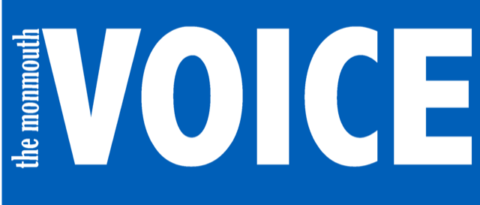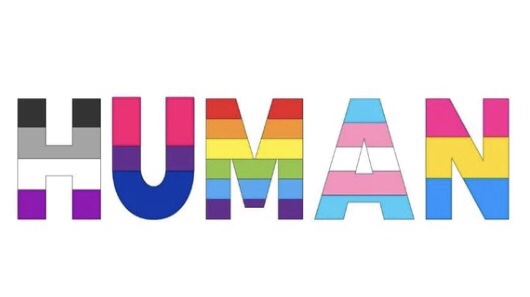By J. Wayne Oldroyd
“Man! I Am Getting Old!” We exclaim. In most cases a facetious statement of the middle-aged to justify lack of knowledge or understanding of the latest technology or Netflix series. Unfortunately, it may be the reflection of today’s reality.
Some of us have been saying that for the last five decades and more. When we found ourselves in our late 20s, we realized, in fact, we were aging. Our physical pleasures were no longer as pleasurable as they used to be. Hangovers were getting longer and longer, partying until the sun came up was an exception not the rule. We faced our mid-30s expressing, somewhat facetiously, that we were really getting old. In our fourth decade the mirror reflected more wrinkles, a furrowed brow, less hair in the places we wanted and hair unwanted in strange places plus a few gray ones. Now in our 50s, a quiet evening home took the place of a night out. We were old although the health industry proclaimed that the 50s were new 30s. Thus, the trend continued, more weight less hair, more wrinkles, more aches, and pains. The 60s brought retirement and grandchildren older than we remembered. Raising kids was the job of our kids; we self-evaluated and determined that retirement could be deferred until they were 70. Fifteen percent of retirees have reentered the labor force. Some of us have continued to work beyond traditional retirement age but on a part-time basis.
We became the office sage, storyteller and keeper of the keys. After all that 401(k) can always use another year or two of investment we could kid ourselves no longer – 60 may be the new 40, but 70 is simply old.
If retired, we the neighborhood where all the sidewalks were inclined against us. Our stride shortened giving us more steps per mile. It took more effort to get those 10,000 steps that the Fitbit demanded. Small tasks required more focus and energy each day. We are tired, worn out by living long lives.
In this era of the pandemic, our generation is even more challenged. We, either due to genetics or bad lifestyle choices, have developed comorbidities – obesity, diabetes, high blood pressure or emphysema – that would allow coronavirus to escort us out of this world, alone, in a hospital bed, last days protracted by machines. In the callous mind of the 20 to 40 demographic, the reference to comorbidities is a euphemism for “they’re old they deserve it.” Efforts to protect the elderly from COVID are resented; these precautions are getting in the way of their evenings out and the reopening of the economy. However, our generation is not the only victim. They who consider us obstructions are really us. Their future years will come with the wear and tear of the journey, more wrinkles, more memories, a deeper understanding of history and more than a fair share of joint pain.
Let all of us recognize that COVID is robbing us all of our futures. Even though the younger demographic believes our future to be short and nonproductive, at least in respect to theirs. Seniors are in the way. We have worked longer as we had the energy and desire to stay productive. Rather than recognizing that as an achievement it is considered an impediment to the futures of the younger. There is also the resentment of our earlier days when we were voracious consumers with no regard for the environment. That is the core issue that drives the fury and frustration of our children and grandchildren. We went before them stripping the earth of its resources, bequeathing them the burden of cleaning up our mess. Occasionally we may get the respect of youth as accorded an elder in the tribe, but more frequently we are treated with disdain and resentment for becoming obstacles along their critical path to the future. COVID exacerbates these indignations. Ideologies preclude a rational discussion needed to implement the sorely needed change of our current lifestyle. Authentic leadership is nonexistent. Only crisis remains.
“Man! I am old!”











